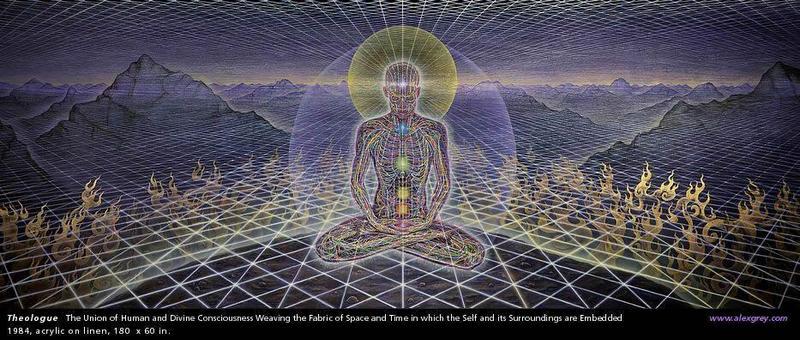Integral Spiritual Coaching
Overview
Find your soul's path to self-actualization and align yourself with it. Follow the clues and the "path of light and energy" that will lead you to your awakening and unfolding into your highest, best self.
Target audience
This is for anyone wanting a more organic, personalized spiritual path. The work is intimately tailored to you, exactly as you are, and builds on your desires, goals and challenges.
Benefits
You'll come away with a new sense of yourself and your path. You'll find energy, clarity and a new direction for your spiritual searching.
Session
What happens during a session depends on you and your situation. It will include discussion and may also include a guided meditation, instruction in spiritual practice, and/or questions about your life goals.
Preparation
You can prepare by asking yourself two questions:
1/ Where is there pain, frustration, and difficulty in my life?
2/ What am I seeking, exactly, and what do I believe will come with finding it?
Other comments
Contact me today to see how my intuitive, organic approach can serve your awakening!
Integral Spiritual Coaching doesn’t have reviews yet.
Click the button below to leave the first one!
About Bill Epperly Bill Epperly, PhD, is a research biochemist who left the lab in search of enlightenment. He enjoys supporting others as they walk their unique path to healing and embodied awakening. He has studied contemplative Christian practices such as Centering Prayer as well as Zen and other meditation forms. If it's awakening and healing you seek, let Bill be your guide. |
Bill Epperly doesn’t have reviews yet.
Click the button below to leave the first one!
Be the first to post a message!
